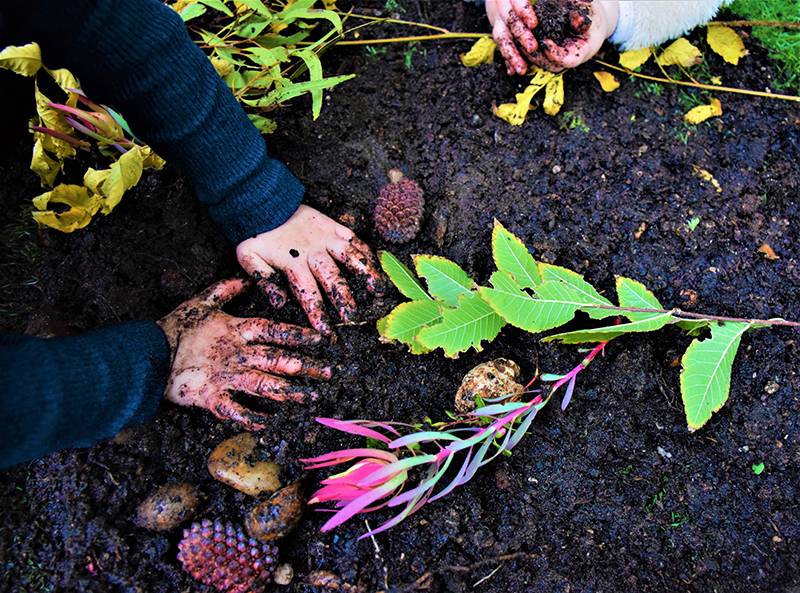Striking the right screen time balance
 As social distancing policies become the new normal and school sport begins to slowly commence, along with excursions and extra-curricular activities, UniSA experts are cautioning parents that additional screen time should be carefully planned and dispersed with active play.
As social distancing policies become the new normal and school sport begins to slowly commence, along with excursions and extra-curricular activities, UniSA experts are cautioning parents that additional screen time should be carefully planned and dispersed with active play.
Leading children’s behavioural health researcher, Associate Professor Carol Maher, explains how excessive recreational screen time is associated with many negative health, mental and behavioural outcomes. With her research ranked amongst the top 1% of papers in the field*, Assoc Prof Maher says ‘while screens are a tempting distraction for children as parents try to focus on work or other activities, they should be used carefully, otherwise the costs will outweigh the benefits’.
We often hear of parents experiencing tears, tantrums and bad behaviour when asking their child to turn off their devices. This is known as ‘tech-wreck’.
The trouble with screen time is that it’s elastic, meaning that the time spent watching TV, gaming or playing on an iPad can stretch easily, often extending beyond initial intentions.
For school-aged children, no more than two hours of screen time a day is recommended. Beyond this, screen time can negatively impact a child’s mood, behaviour or attention span. In the longer term, it also has the ability to affect their physical health through higher risks of obesity and poorer cardiometabolic health.
Not all screen time is created equally though. When used for educational purposes, Assoc Prof Maher advises that the two-hour daily limit does not apply. Social media also has a place, particularly for older children and teenagers, to maintain connection when physical catch-ups are not possible.
Maintaining overall balance is key, allowing for appropriate screen time along with physical activity, which is proven to have extensive health benefits in times of stress and uncertainty.
Given that social distancing recommendations will be in place for some time, physical activities such as backyard play, walking and cycling should become a consistent part of the family lifestyle. Establishing new routines will help clarify children’s expectations of when and how recreational screen time is available.
The best way forward is working with children to establish boundaries, along with some determination and creative planning.
*Associate Professor Maher is published in multiple highly cited papers which are ranked amongst the top 1% of papers in the field globally, Clarivate, Web of Science, Data retrieved 8 May 2020.
Here are some tips to keep families healthy and active during self-isolation.
- Keep the emphasis on fun and variety. Children love being active through play. Do activities your kids enjoy and try out different things.
- For parents who are working from home, find some fun and educational online games for your kids to do while you’re working. Check out Our Learning SA for resources for kids of all ages.
- For older kids and sport lovers - use this time as an opportunity to work on new skills - practice trick shots or improve your throwing and shooting technique.
- For the tech-lovers, get active using active video-gaming. Check out the many YouTube channels and smartphone apps with exercise programs - there is something for every interest, from dance, to yoga, to high-intensity training.
- Parents, don't forget that your health and wellbeing is important too. A family bike, hike or scooter rider is a perfect way for parents and kids alike to stay active.
Parenting in a pandemic: how children's lives will change post COVID-19 research webinar
Associate Professor Carol Maher, Professor George Siemens and Dr Lesley-Anne Ey provide insights into how our children’s lives will change in the way they learn and stay healthy as we navigate through COVID-19.



